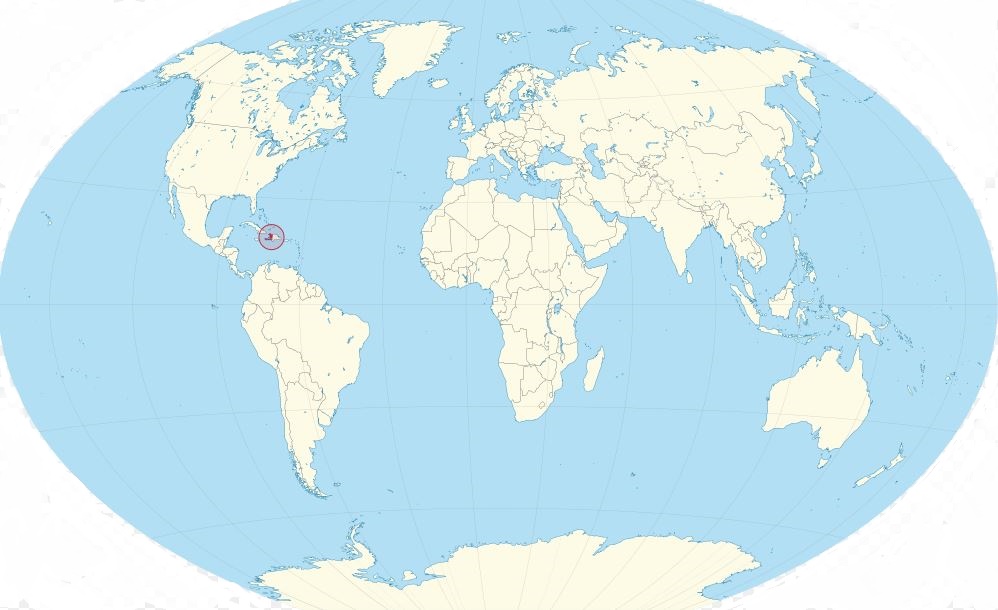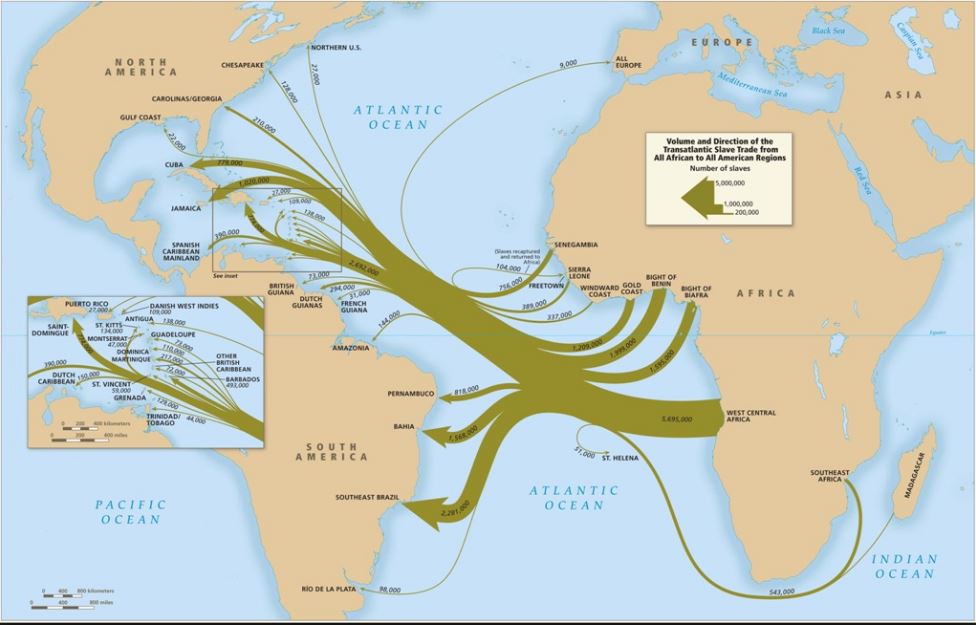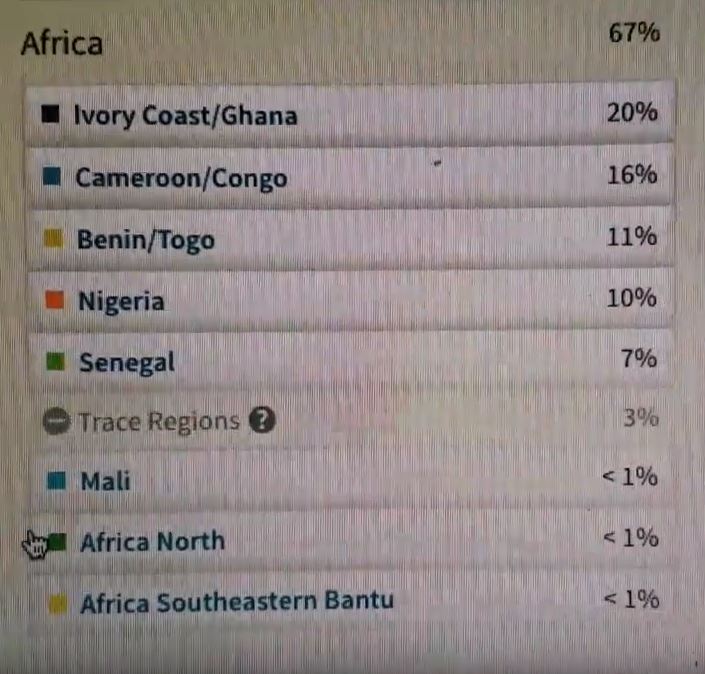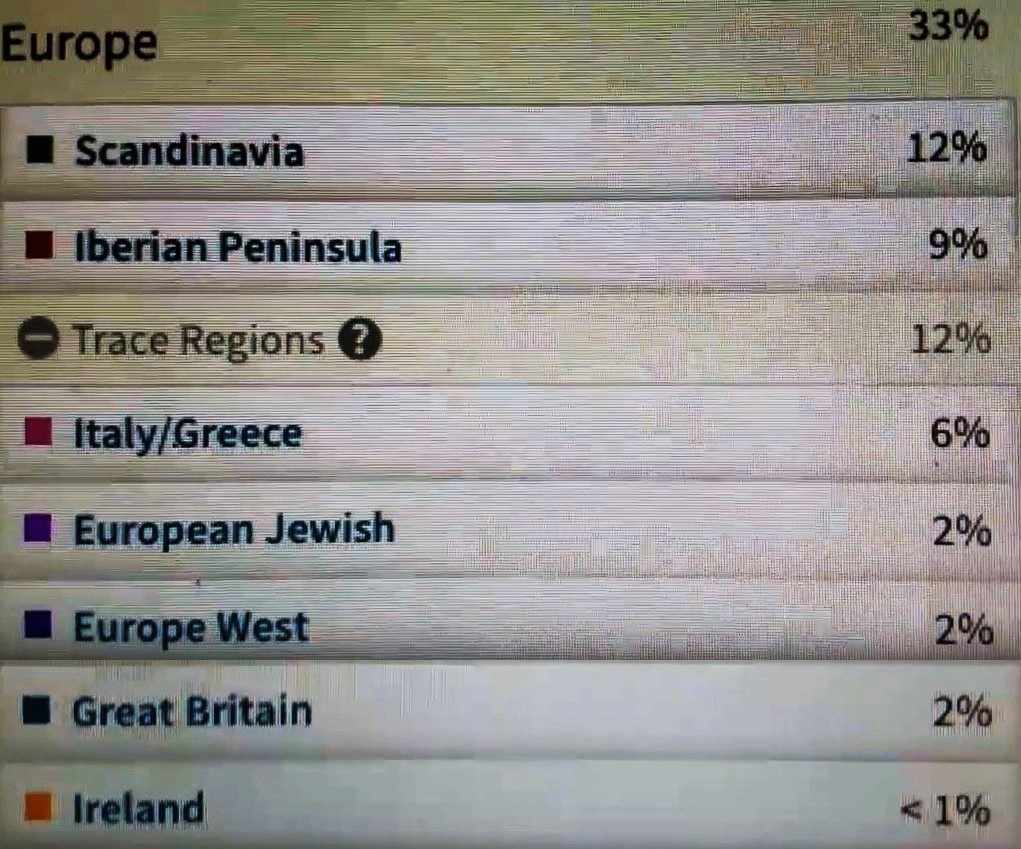World Map Of Haiti

The Taíno people were the indigenous people of the Caribbean and Florida. At the time of European contact in the late 15th century, they were the principal inhabitants of most of Cuba, Trinidad , Jamaica, Hispaniola (Haiti and the Dominican Republic), and Puerto Rico. In the Greater Antilles, the northern Lesser Antilles, and the Bahamas, they were known as the Lucayans. They speak the Taíno language, one of the Arawakan languages.
Taina Warrior Chief of Xaragua: Anacaona from Hispaniola/Haiti
Haitian Creole words of Taino origin
- Anakaona // Ana kaona – Gold flower // n. a very beautiful woman.
- Anana n. a pineapple (Became part of standard French).
- Ayiti n. Haiti.
- Babako // Barbakoa – A Taino roasting process // n. a feast.
- Bohio // Bohio – Home, house // n. Haiti.
- Kako // Buticaco or Heiticaco // n. a bumpkin, someone from the countryside.
- Kalalou n. okra, also a soup that includes okra and crab among other ingredients,known as gumbo in Louisiana.
- Kanari n. a clay jug.
- Kolibri n. a humming bird (Became part of standard French, it is also called, zoizo ouanga or ouanga négès).
- Koukouy // Kokuyo // n. a firefly.
- Kounouk // Konuko // n. a shack.
- Kiskeya // Ki sike a – Spirit of the big mountain // n. Hispaniola.
- Lanbi/Lambi n. conch, a conch shell.
- Mabi n. a type of drink.
- Mabouya // Mabuya – a Ghost, evil spirit // n. a lizard.
- Sanba/Sanmba n. a musician or poet.
Brazil, Haiti/Saint Domingue / Hispaniola & South Carolina
had the highest population of African descendants.

Haitian Creole words of African origin
- Akasan // From Edo – Akasan // n. corn pudding.
- Akra n. a malanga fritter.
- Anasi // From Asante – Ananse // n. a spider (The French derived term is, zarenyen).
- Bòkò // From Fongbe – Bokono // n. a sorcerer (The French derived term is, sósié).
- Chouk // From Fulani – Chuk // v. to pierce, to poke / n. a poke (The French derived term is, piké).
- Chouc-chouc // From Fulani – Chuk // v. to have sex.
- Manbo // From Kikongo – Mambu + Fongbe – Nanbo // n. a Vaudou priestess.
- Marasa // From Kikongo – Mabasa // n. twins (The French derived term is, joumo).
- Ouanga/Wanga n. a Vaudou charm or relic.
- Oungan // From Fongbe // n. a Vaudou priest.
- Ounsi // From Fongbe // n. a Vaudouisant.
- Yo // From Fongbe – Ye // pron. They(‘re), them, their (Yo is also placed after a noun for pluralization purposes, from example: Liv – Book / Liv yo – Books. The French derived term, zot, is used in some parts of Haiti).
- Zonbi //From Kikongo – Nzumbi // n. a ghost, a soulless corpse or living dead.
African Roots in Haiti by Darian Napoleon on Prezi

Some people feel like for a Haitian the African percentage is quite low.
https://youtu.be/mZniL16uF6k
He thinks that more Haitians should post & share their dna results as well.
The music is slightly high but he makes up for it by being light hearted and comedic.

Creole words of Portuguese origin
- Ba // Dar – to give // v. to give
- Kachimbo n. a pipe used for smoking tobacco
- Mantèg // Manteiga // n. lard, butter (The French derived term for butter is, bé / beu)
- Pikini // Pequenino // n. a child (The more common French derived terms are, pitit & ti moun)
- Tchipe/Tchwipe / Tchupé // Chupar – to suck // v. to suck one’s teeth (at)
Creole words of Spanish origin
- Abladò // Hablador // n. a speaker (person), someone who talks a lot
- Bosal // Bozal // adj. to be savage (The French derived term is, sovaj)
- Sapat // Zapatos or zapatillas // n. slippers
- Tchakleta // Chancleta // n. a certain type of sandal
-
- In Haitian creole the Spanish suffix -ador (pronounced in Creole as adò) is sometimes placed in combination with a French verb to describe someone who performs a certain action.
- Babiadò / Babyadò // Fr. Babiller + Sp. –ador // n. a constant complainer
- Bliyadò // Fr. Blier + Sp. -ador // n. a forgetful person
- Kouchadò // Fr. Coucher + Sp. –ador // n. a sleepyhead, one who sleeps a lot
Creole words of Old French origin
- Ap // OFr. Être après // – present tense marker (the more common and abbreviated form of the word, apé)
- Ape // OFr. Être après // – present tense marker
- Gouye // Norman Fr. Griller – to slide, to slip // v. to gyrate (one’s waist), to have sex
- Pral // OFr. Être après aller // adj. To be going to / – future tense marker
- Rele / Yele / Ele // OFr. Héler // v. to call, to yell
- T’ap // OFr. Avoir esté après // – Imperfect tense marker
- Te // OFr. Avoir esté // – Past tense marker

No Comments Yet